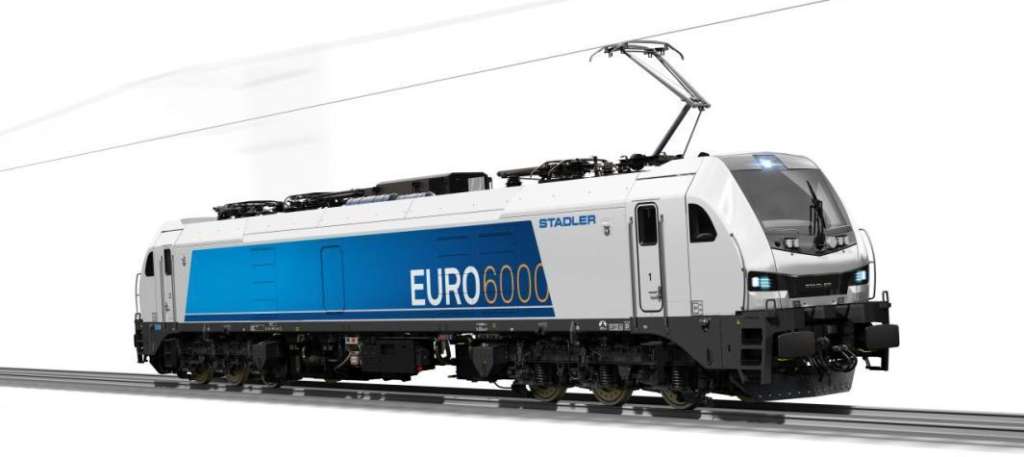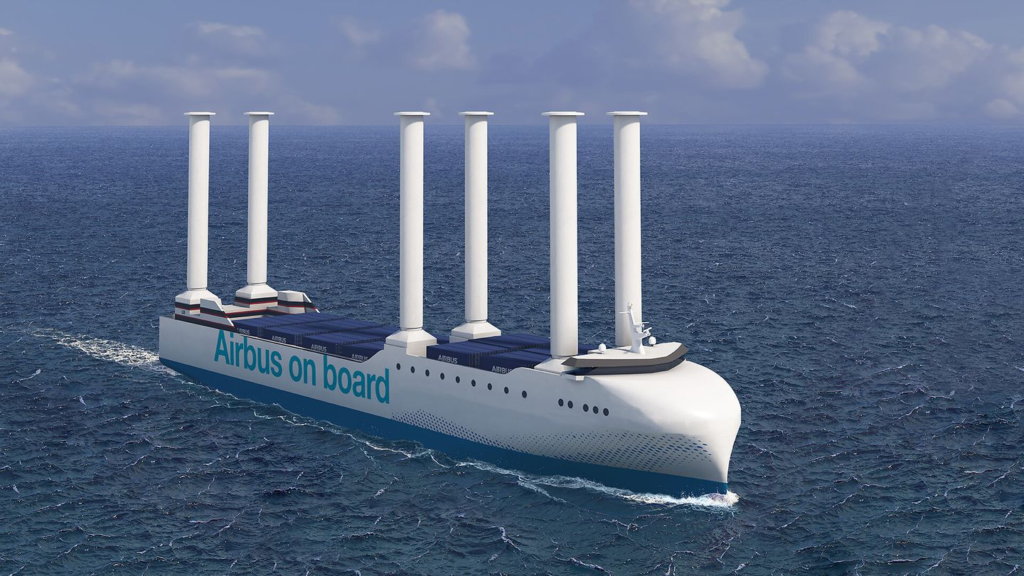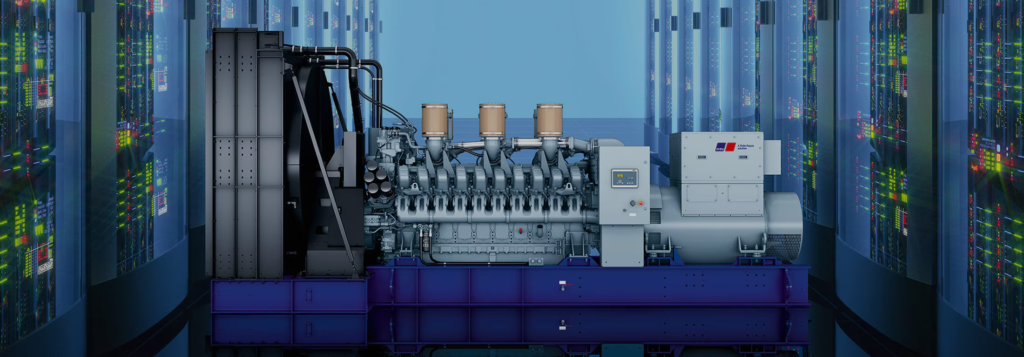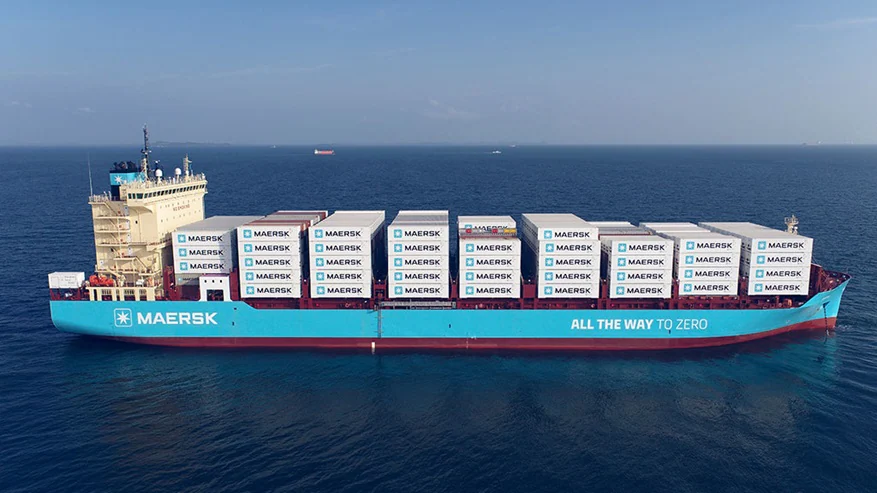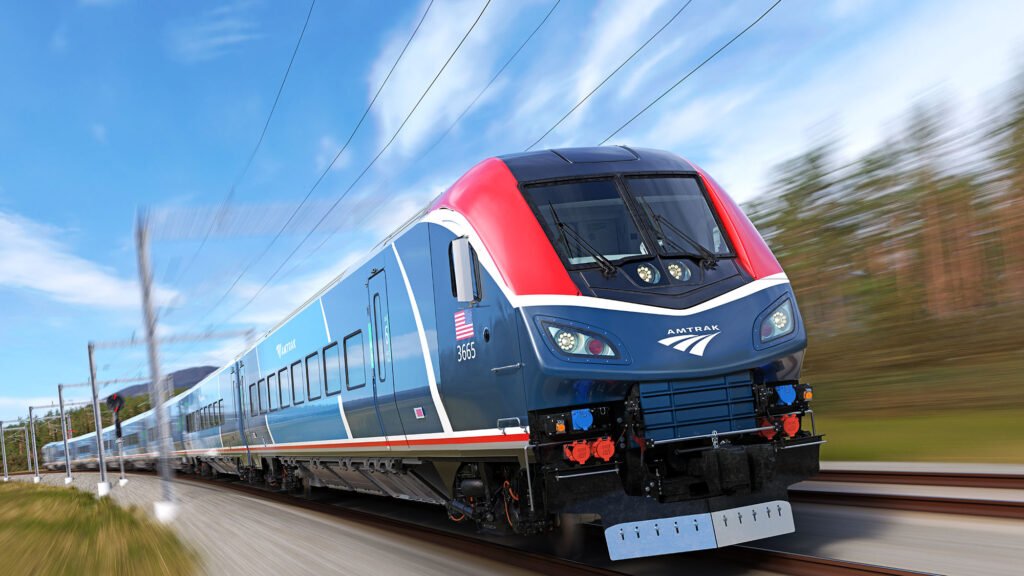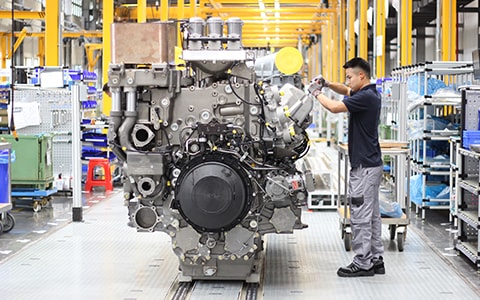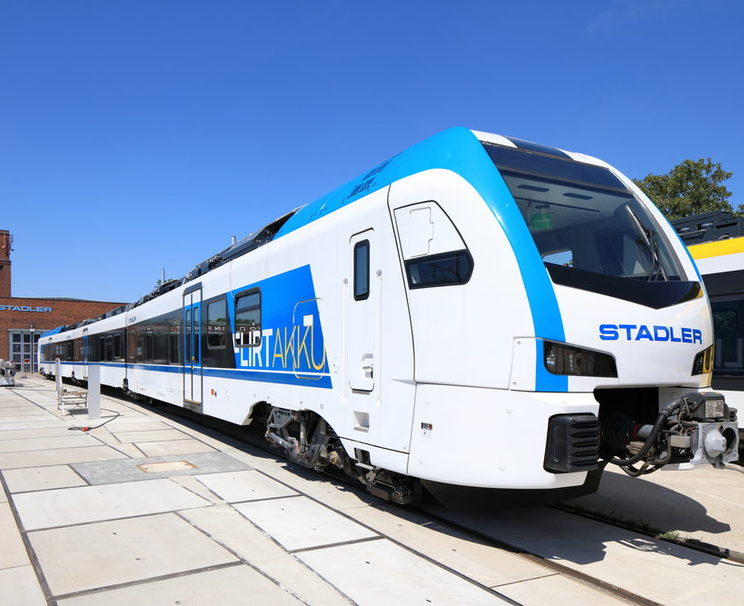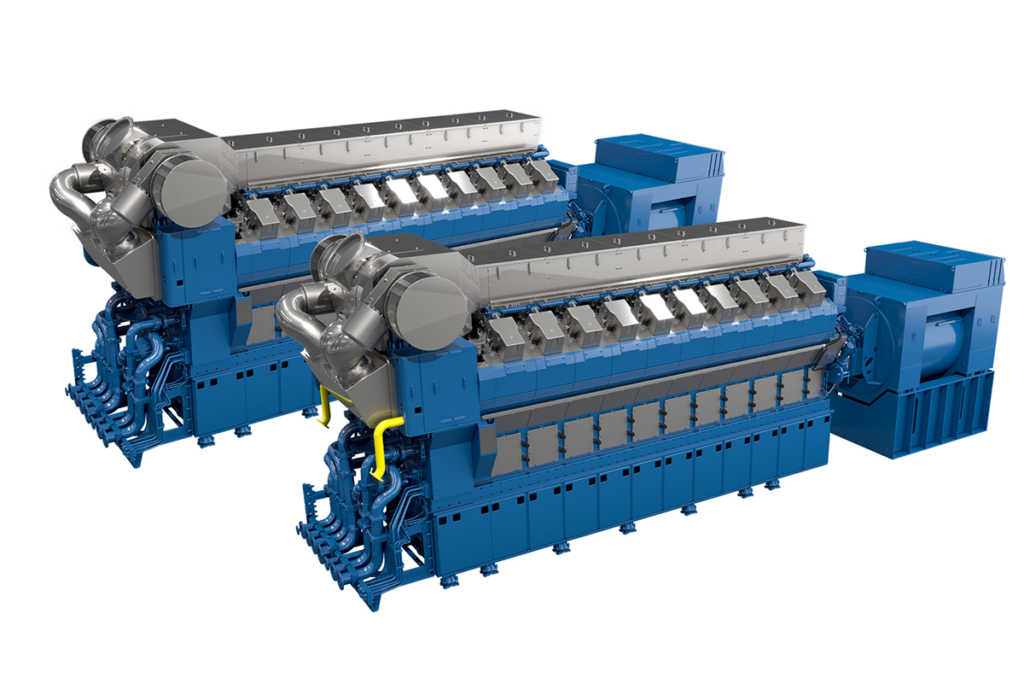Alpha Trains adds 12 new Stadler EURO9000 locomotives to fleet
Alpha Trains and Stadler Rail AG (Swiss: SRAIL) have signed a contract for the purchase of 12 EURO9000 locomotives. This is the first order of this latest generation of six-axle hybrid multi-system locomotives by Alpha…
